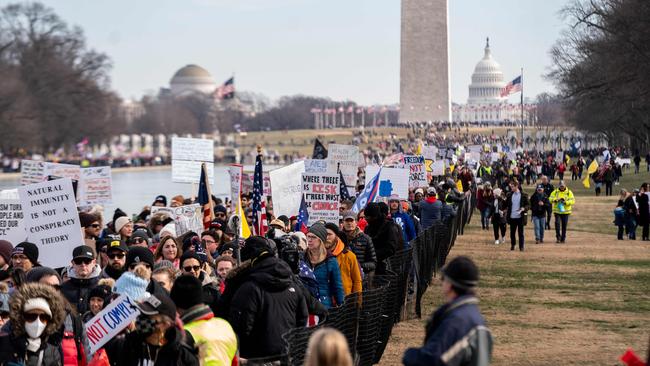
It’s an unease rooted in the historic reality of one of the most powerful laws of human governance: the ratchet effect. Once introduced, rules almost always get more expansive, seldom more limited. Taxes levied for a temporary exigency become perpetual obligations. Government agencies built to administer some specific function are absorbed into the permanent bureaucracy.
When a crisis is over, authorities may relinquish some of the powers they assumed during the emergency, but you can be sure that the government’s writ will run permanently larger than before. Wars, depressions, public-health emergencies lead to bigger government, more rules, more-onerous regulations.
You can see the pattern again as we approach the second anniversary of the pandemic: officials musing publicly about permanent mask mandates, blue-state leaders who evidently have no intention of lifting restrictions, public-health professionals seeking to extend their ambit even as the crisis wanes. Leading Democratic politicians continue to insist on their “Build Back Better” proposition — that what we have learned these past two years has been the essential role of new trillion-dollar government programs to cushion society from its ills.
Worst of all, the authoritarian instinct this time has reached deeper into the once-sacred field of free speech, and we have the marginalizing and even outright ostracizing of heretics who dare challenge the authorities’ narrative. When elderly rockers who once thought of themselves as rebels believe it’s their responsibility to banish “misinformation” from major entertainment platforms, you know the controlling impulse has burrowed its way deeply — perhaps permanently — into the culture.
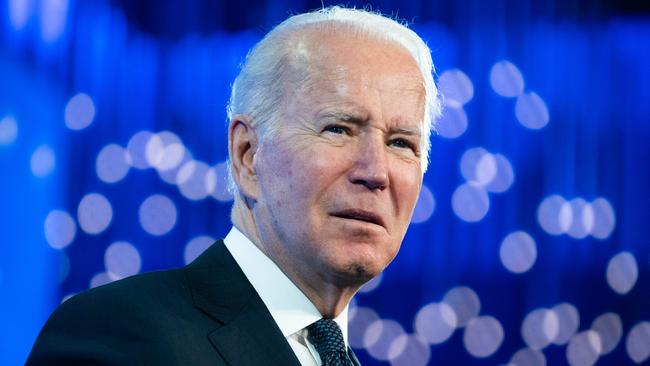
But let’s indulge a radical thought for a moment. What if the opposite is true this time? What if the ratchet slips, and rising popular hostility to arbitrary, petty, overbearing and ineffective rules induces a popular backlash? Isn’t it possible that the inconsistency, arrogance and mendacity of the people attempting to order our lives will produce the opposite of their desired outcome?
It’s too soon to call this a libertarian moment. Some conservatives of a populist bent are themselves embracing the supposed opportunities of bigger government. But we seem at least to have reached a point where doubts about the wisdom of growing state control are salient.
We have seen it most powerfully at the political level in Virginia, which holds statewide elections the year after the presidential vote. Voters explicitly rejected the attempt to make their children wards of the state, and the new Republican governor, Glenn Youngkin, is in a classic struggle with overweening bureaucrats desperate to maintain their reign of pointless mask-mandate authority.
In Florida, Gov. Ron DeSantis appears to be cruising to re-election on a record of actively resisting the authoritarian demands of experts, Democrats and the media.
The judicial system offers reason to be optimistic that the efforts to extend control over our lives may be losing. A solid conservative majority on the Supreme Court struck down the Biden administration’s legally baseless mandates requiring private employers to compel employee vaccinations and landlords to let tenants live rent-free.
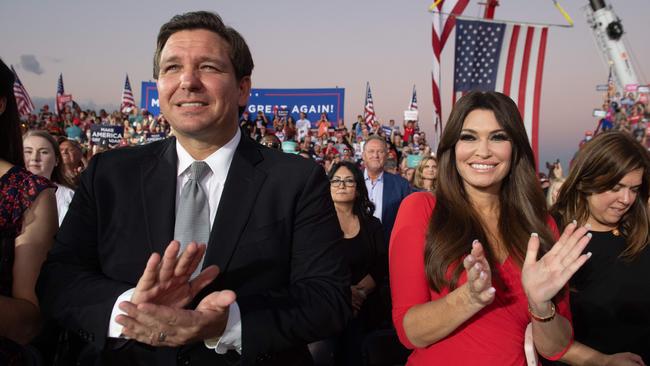
There are even encouraging signs in popular culture. Bill Maher, who has spent a career lampooning conservatives, is probably the most influential comic in the country. It was striking that last week his audience applauded raucously as he made fun of, among other things, new safety regulations in the bipartisan infrastructure legislation that require alarms in case car interiors get too hot, and California rules warning people about the dangers of inhaling wood dust.
Perhaps the biggest cause for optimism is that this time people don’t have much cause for faith in the omnipotence of the state.
You may not have approved of the massive expansion of the state under the New Deal, but it was at least achieved with almost brutal efficiency, and it could at least plausibly be claimed to have had a significant and positive economic impact. Big government was seen to work most effectively in World War II, when the state mobilized the entire country to defeat an unprecedented menace.
It’s hard to see how the current crop of government leaders can make similar claims. Instead of Franklin D. Roosevelt, Harry S. Truman, Dwight D. Eisenhower and Douglas MacArthur, we have Joe Biden, Kamala Harris, Anthony Fauci and Rochelle Walensky. If people of this caliber had been in charge in 1942, we might all be speaking German.
“I have seen the future; and it works” was journalist Lincoln Steffens’s notorious verdict on the Soviet Union in 1919. With luck, this time it won’t take 70 years to prove that the forward march of an ever larger state is not so inevitable after all.
The Wall Street Journal



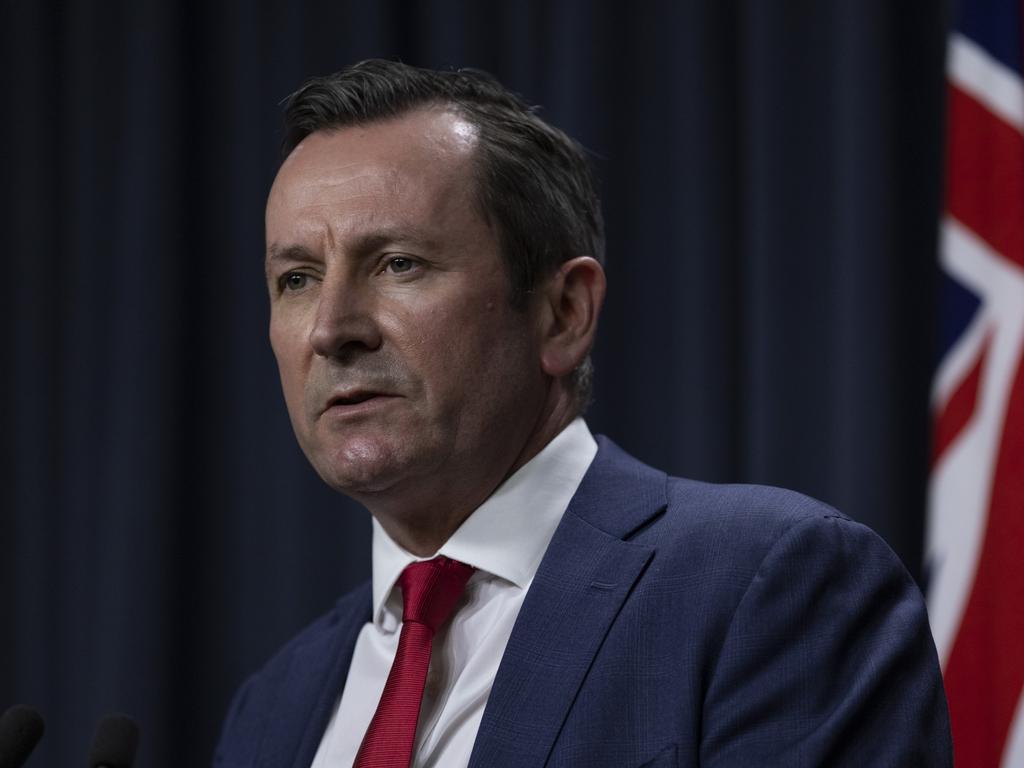

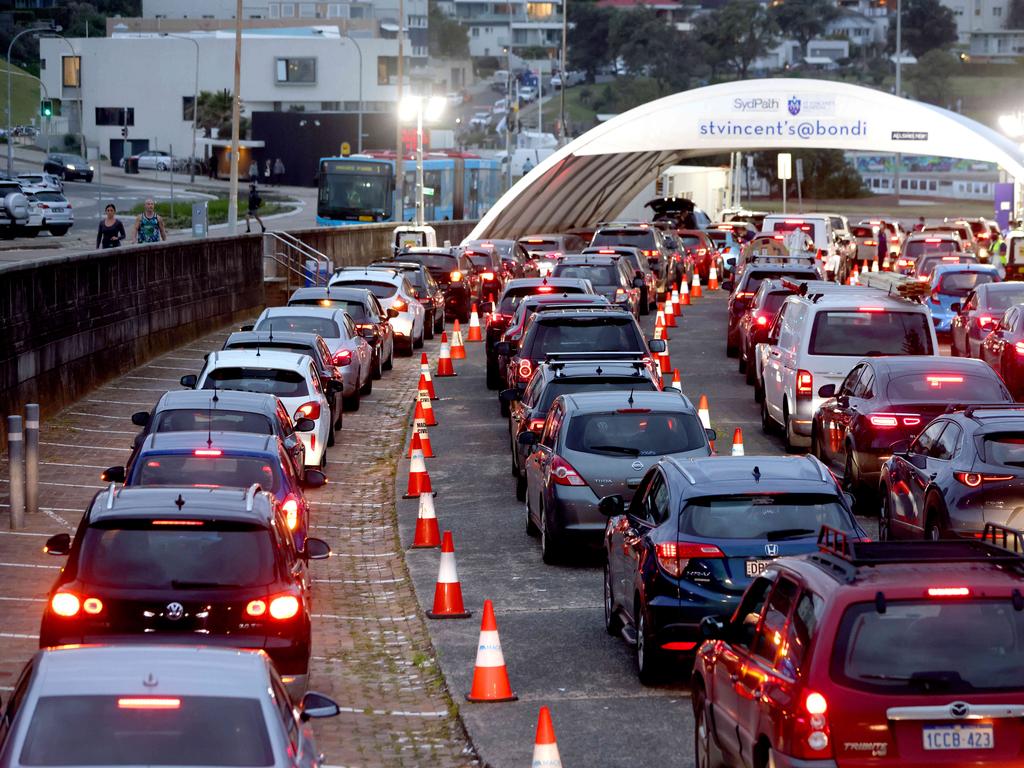


The rising fear among American conservatives since the early days of the Covid pandemic has been that the nation would emerge from the crisis significantly less free.